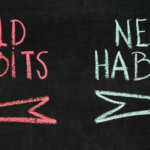It’s 6:00 am and your alarm is blasting. You hit the snooze button because you aren’t ready to wake up just yet. Plus, your bed is super comfortable. Just ten more minutes.

It’s 6:30am. You have probably snoozed your alarm about three times. You know you should wake up and get ready for work but your sleep is too sweet!
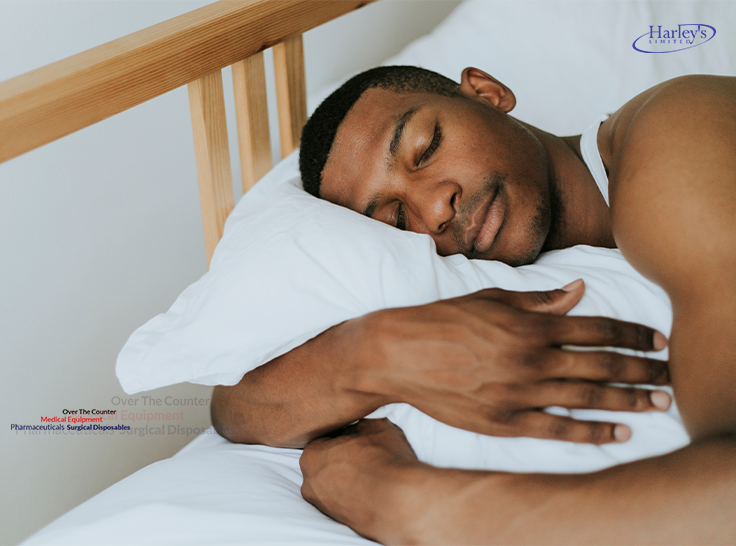
Here’s the thing, it’s normal to want to hit the snooze button. I’m sure plenty of us do it.
According to one study, more than one in three adults press the snooze button three times before getting up in the morning. And more than half of adults in their twenties and early thirties say that they hit the snooze button every morning.
And while it may seem like not a big deal to catch a few extra minutes of shut eye once in a while, fighting your alarm everyday might actually leave you feeling more exhausted during the day and sleep worse at night.

So, really, why does hitting the snooze button over and over again leave you feeling lousy? How can we stop relying on it to feel well rested?
Snoozing messes with your sleep cycle.
When your alarm goes off in the morning, you’re usually approaching the end of your REM (which stands for rapid eye movement) cycle.
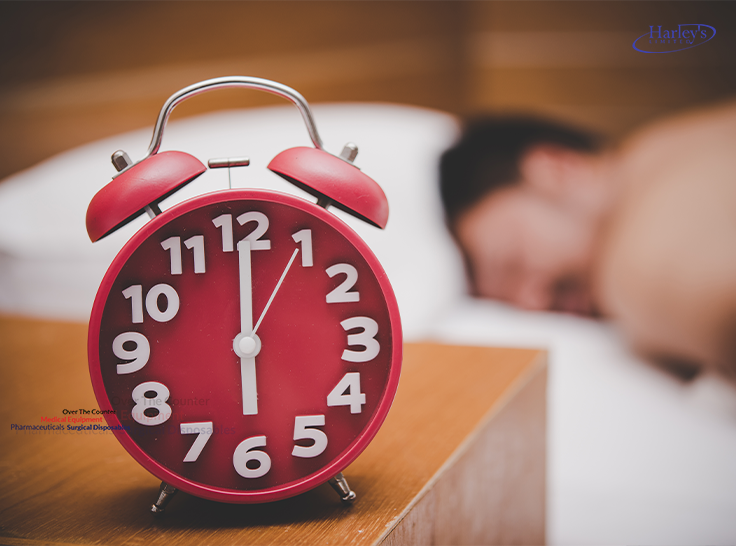
During REM, your brain is highly active and you experience intense dreams. REM sleep is actually highly invigorating – and getting sufficient sleep is vital for feeling sharp and attentive the following day.
So what does this all have to do with the snooze button?
When you hit the snooze button and go back to sleep, you throw yourself right back into the REM cycle. When the snoozed alarm goes off a second time, it wakes you up in the middle of REM instead of at the end of REM. Consequently, you will end up feeling discombobulated and disoriented. Not exactly the best way to start your day.
The Long-Term Consequences of Hitting Snooze
If you’ve been going to bed at a decent hour, your body’s internal clock is already prepared to wake up once the alarm goes off.
But when you snooze the alarm and go back to sleep, you would be sending your whole system into a foggy tailspin. Before you know it, your body is unsure when it’s time to get up and when it’s time to go to sleep.
In the long run, these patterns start to have a detrimental effect on your body. When stressed, you begin to feel irritable or snappy (explains why some people are grumpy in the morning, huh?). You’re also more likely to fall ill – which could make it even more difficult to achieve quality sleep.
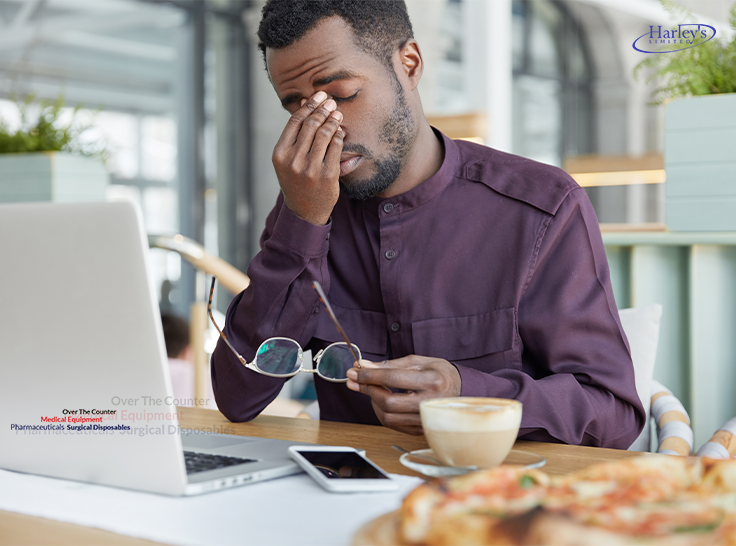
Figuring Out Why You’re Hitting the Snooze Button
Now that we know that an over reliance on the snooze button is not good, we need to figure out what’s making you want to sleep longer in the first place. Consider the following:
- Going to bed early enough. Experts say you need at least 7 to 8 hours of sleep per night.
- Excercise. Experts say that those who are active tend to sleep better than their inactive counterparts. Make it a habit to get moving for at least half an hour most days of the week.
- Avoid getting hyped up before bed. Drinking caffeinated drinks during dinner time or scrolling through Instagram as you try to nod off will in fact keep you energized and make it harder to fall asleep. Try reading a book instead.
- Comfort is key. To achieve comfort, keep your room quiet, dark and cool as possible. (Sounds can sometimes have a major impact on your sleep cycle). Ensure you also invest in a good mattress.
- Do you have any chronic sleep issue? If so, check with your doctor about treatment options.
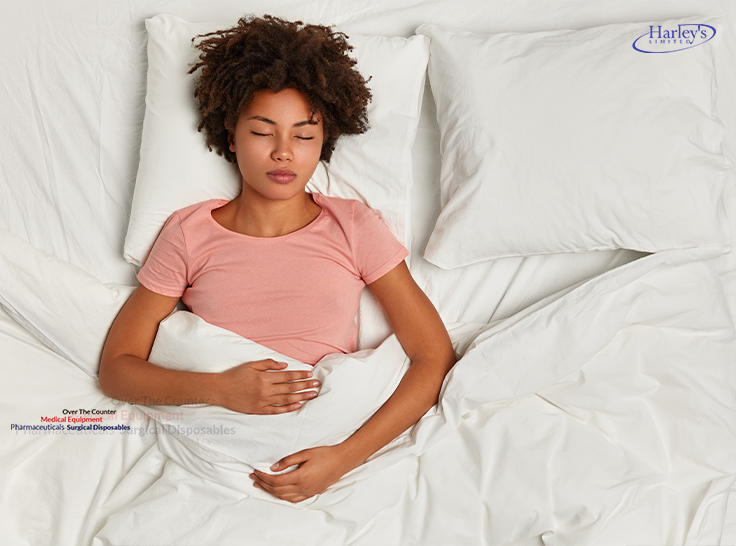
What you should do instead of hitting snooze
The answer is simple. As soon as your alarm rings, get out of bed. You might feel cranky at first but it’ll wear off. You will notice that if you do this small act, you are highly likely to start your day feeling refreshed and ready for action.
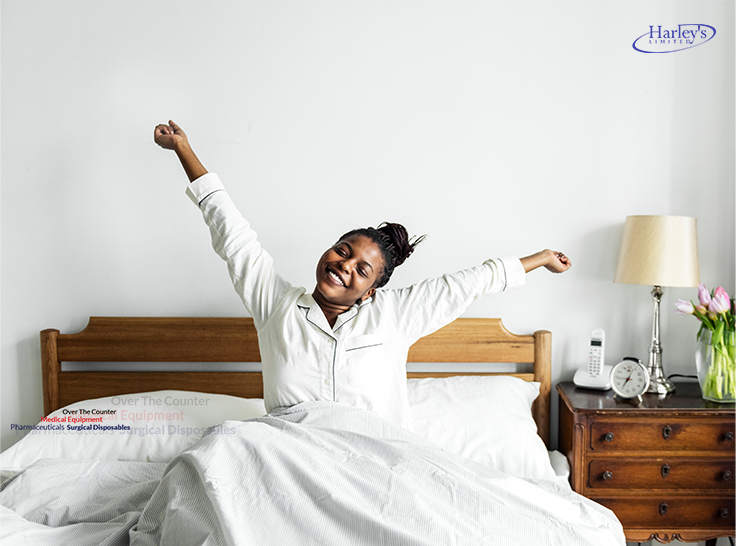
And if you feel like this is still too difficult to do, try placing your phone or alarm clock on the other side of the bedroom, far away from your bed. That way, you will be forced to wake up.
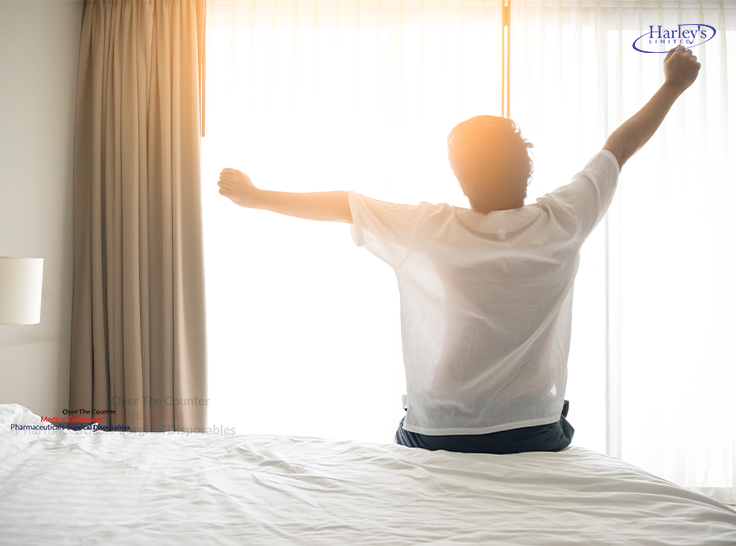
With adequate sleep, you will be very productive at work. So try these few tricks and tips of avoiding the snooze button, and you’ll start to notice an impact in how you feel during the day. All the best!
Reference
Taylor, M. (2022). The Negative Impact of Hitting the Snooze Button. Retrieved 8 April 2022, from https://amerisleep.com/blog/negative-impact-snooze-button/

